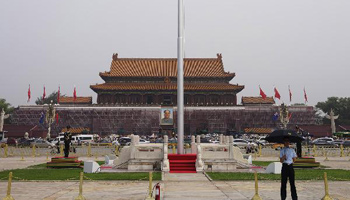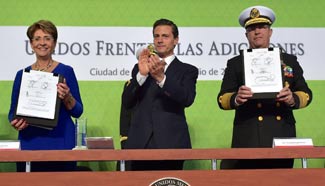Today, as China’s influence in the world grows and as the EU moves to strengthen its position as a more cohesive and effective voice in international affairs,Europe-China relations have become increasingly regularized, institutionalized, and mutually beneficial,encompassing a broadening range of political, economic,military, scientific, technological, educational, and cultural ties. Critics might question how China and Europe can cooperate when they have divergent international political priorities. However, both China and European states share a fundamental interest in the maintenance of regional stability. The challenges are so great that practically-oriented cooperation cannot be hampered by mere difference in principle.
Against such a background, the aim of my article is to highlight contributory factors and strategies towards the success of EU - China military cooperation in the frame of strategic partnership.
Strategic partnership may be defined as a long-term commitment by two important actors to establish a close relationship across a significant number of policy areas. This does not mean that there will be no differences between the partners, but the partners recognize the importance of their commitment to each other and try and reach common ground wherever possible.
The European Security Strategy from 2003 made the first effort to define relations with China as strategic partnership. In the concluding part of the ESS it was stated that “There are few if any problems we can deal with on our own. International cooperation is a necessity”. The Report on the Implementation of the ESS published in 2008 again singled out the relationship with China as strategic and concluded, that “It is in the clear interest of the EU and China to work as strategic partners on the international scene”.
After the entry into force of the Lisbon Treaty, in December 2009, the interest in strategic partnerships remerged. On October 6, 2010, the 13th EU-China summit took place. It was the first time after the Lisbon Treaty had entered into force. Basically, the meeting reaffirmed the commitment on both sides to strengthen their comprehensive strategic partnership in a spirit ofequality, reciprocity and mutual benefit.










